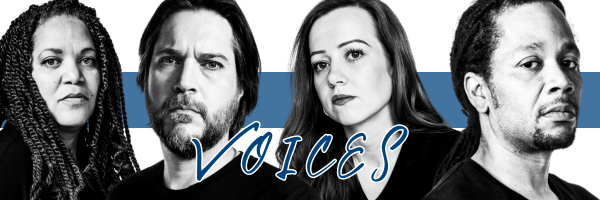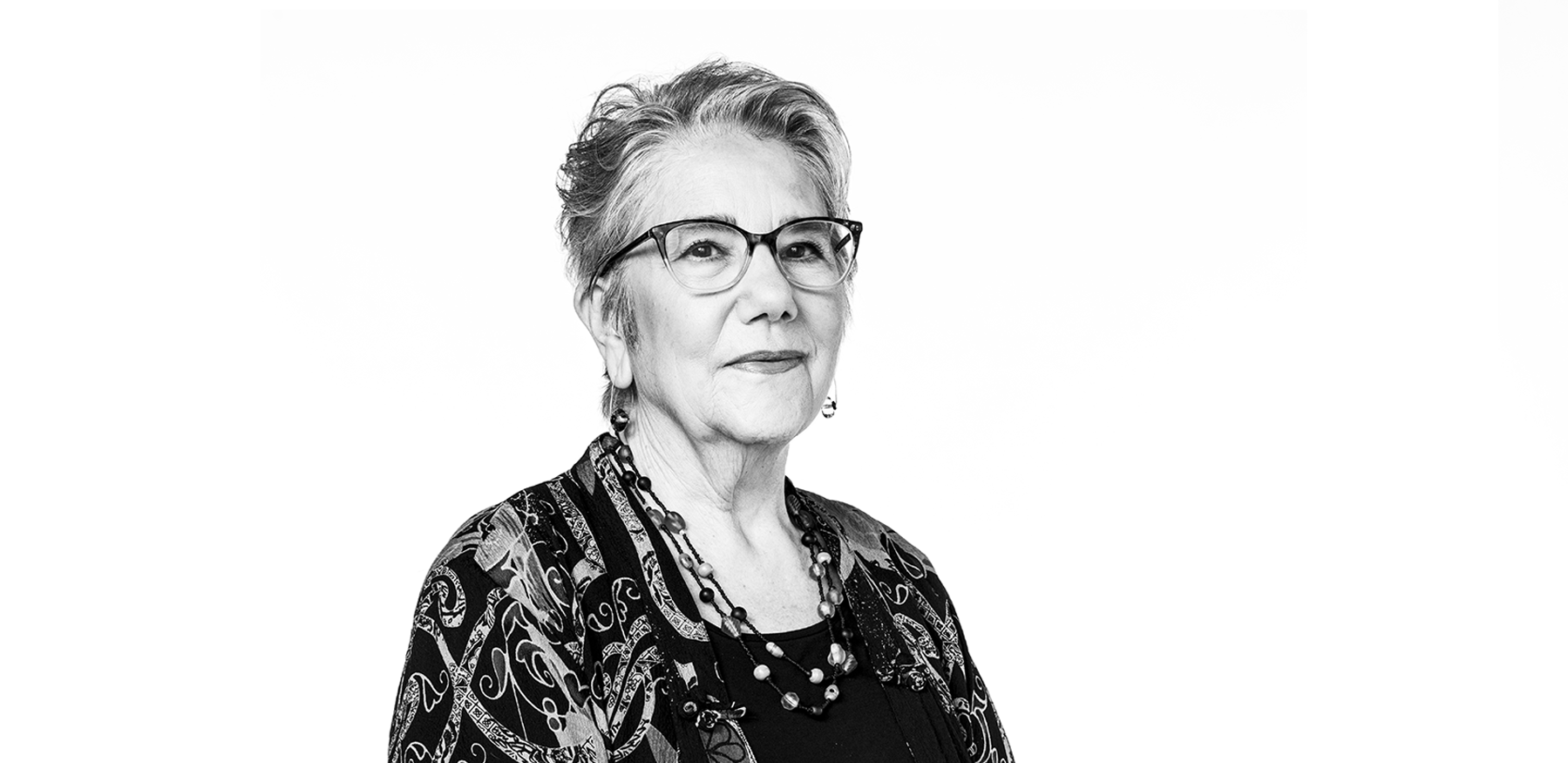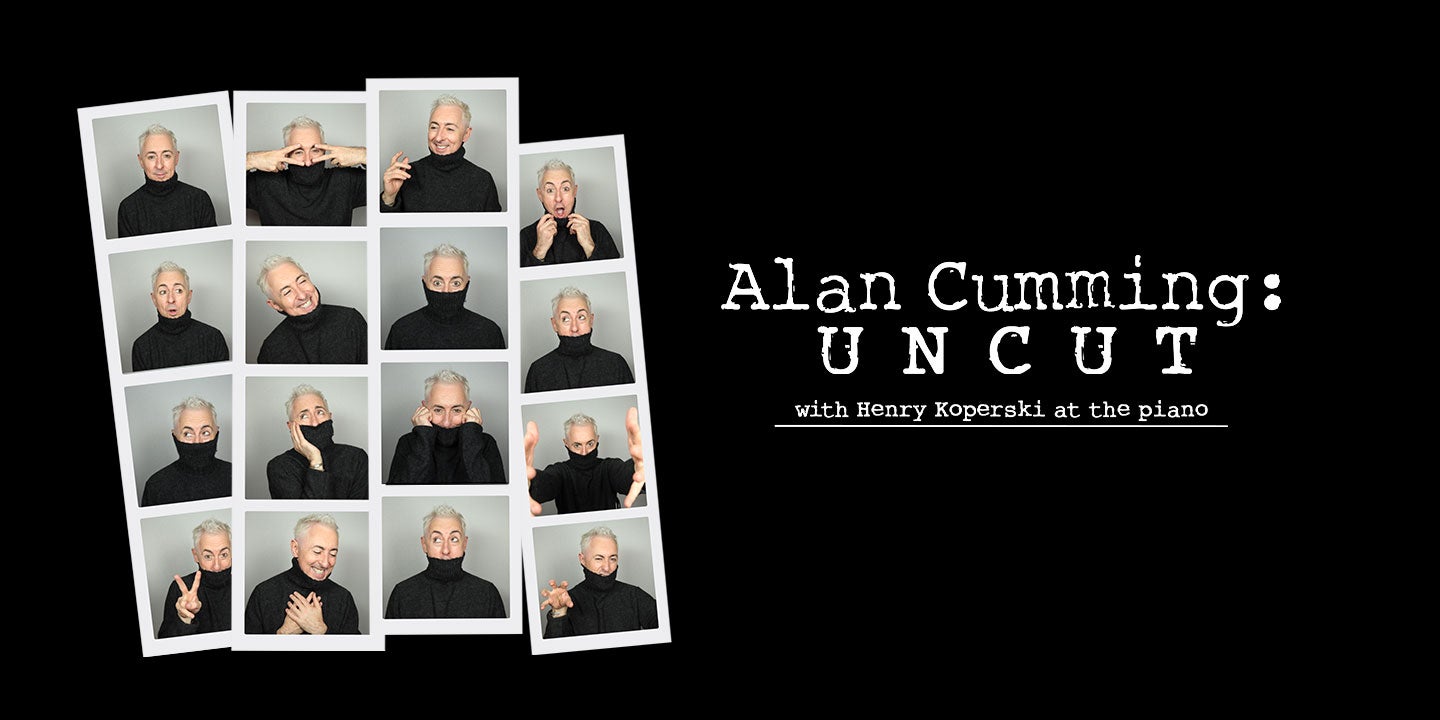
I found out about circumcision quite by accident while watching a Turkish show with my mother. I heard a new word that I didn’t understand: “circumcision.” I asked my mother what that meant. She answered that it meant cutting off a piece of the penis.
I was shocked to hear that, so I just kept quiet. I thought that such things happened in the Middle Ages when people did not know enough about many topics. This thought began to haunt me. I wanted to know more. I started reading about it, and I learned that circumcision is still practiced, especially among Muslims and Jews, and in North America. It was another shock for me because I am aware of the important function of the foreskin. This is not something that can be just cut off like a nail that is too long.
I was born and live in Poland. In Europe, the scale of this problem is much smaller. I became an opponent of any interference in the human genitals, but it never concerned me personally, so my life just went on. Over time, I thought that I did not want to live in Poland all my life. I decided that when I finish my studies, I will move to the USA. I started getting to know more and more Americans. I became best friends with an American man who is Jewish. I asked him if he had been mutilated. I remember this moment as if it just happened, and it was almost a year ago. He said yes, he is circumcised. One time he mentioned that he didn’t believe in God, so I can safely say that he is a victim of his parents’ cultural preference.
When I found out about it, something changed in me. At first it was unbearable for me. I was crying and I couldn’t think normally, sleep or even eat. My thoughts became my worst enemy. One day I couldn’t even work anymore, so I left the house and went for a walk. I sat down on the grass, between trees, away from people—I was crying. And then I realized that the only thing that would bring me peace of mind is action.
I swore to myself that I would not stop until I changed something.
That day my mission began. I started looking for people who are against circumcision. I wanted to know what we can do to make this world a better place. This is how I found out about Intact America. But it took a while for me to gather the strength to contact them because this topic is very difficult for me even though I am a woman, and my body is intact.
I still wonder what the real reason was that male genital mutilation began to be practiced. Was it really about masturbation? If that is the reason, why—now that we know masturbation is normal—does the practice continue?
And if it is about culture or religion, why are doctors the ones who carry it out—as in the United States—among babies who have not yet determined their own beliefs?
Why do people always find a problem in human natural sexuality? When we are born, we have our own body. We have it all our lives and we die with it. A sexual surgery should not be forced on a baby. If an adult makes a conscious choice to undergo circumcision, okay. But cutting the foreskin of little boys is a clear violation of fundamental human rights. No one, even our parents, can take away our right to choose what our body should look like.
I think I was born to fight for men from their birth. I cannot give them back what has been taken from them. But I can try to make life better for future generations. And I will do whatever it takes to stop this madness.
— Wiktoria Szczepanik
Interested in lending your voice? Send us an email, giving us a brief summary of what you would like to write about, and we will get back to you.




Vinthou
February 2, 2023 10:29 amWhat a great story! I am most impressed by your commitment to tackle MGM, especially as it concerns a culture that is not your own. I’m also very happy to see you have the courage to mention genital mutilation of children that is carried out in the name of religion, when the child has yet to adopt a religion. I have long considered religious circumcisions as nothing short of coercion. A physical mark to force the child to adopt their parent’s religion.
Inayat
February 4, 2023 10:37 pmThank you for your story. It is amazing to hear from a woman about the horrific thing such as circumcisions of babies and young boys with the justification of religion and cultural beliefs, which is blindly followed by without any specific benefits or scientific reasoning.
And it is done in this age and time.
Randy
February 9, 2023 1:08 pmSmart girl!
David Biviano
February 9, 2023 1:41 pmWhat an amazing story – what a compassionate young woman! Her empathy for victims is profound, and she turned it into activism. Wow! Thank you so much for all you do! 🙂